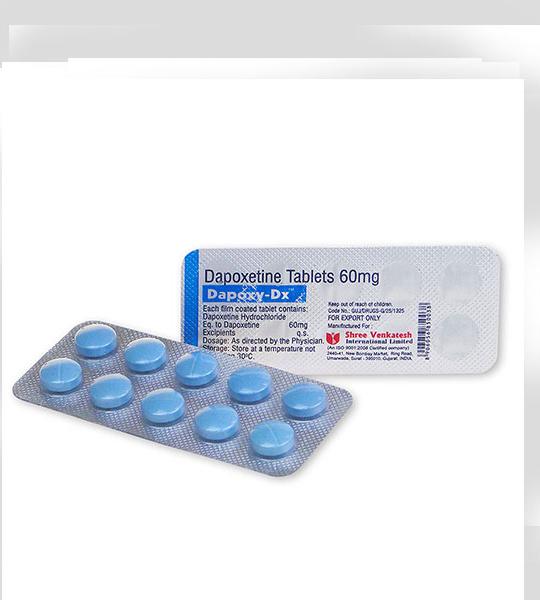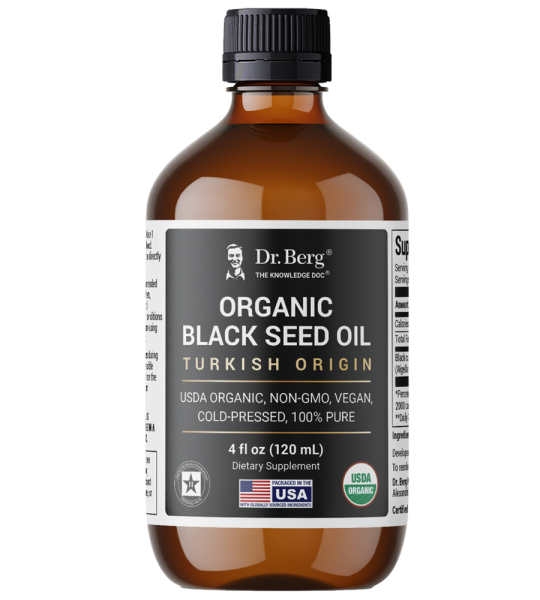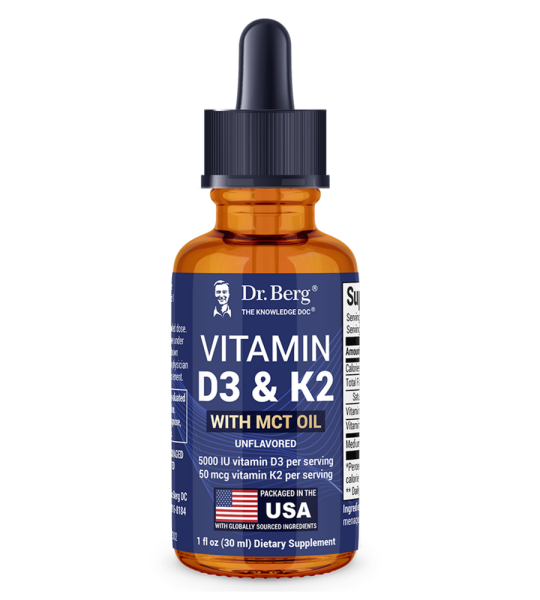Dapoxetine Long lost Night, which is generally categorized as a fast-acting SSRI, was developed specifically to treat this condition. It may be effective at the first dose (ie, on-demand) when given 1-3 hours before sexual intercourse, and its adverse-effect profile is comparable to those of other SSRIs.  Dapoxetine has been approved in a number of countries but not yet in the United States. In a study of men with both premature ejaculation and erectile dysfunction who were on phosphodiesterase type 5 (PDE5) therapy, dapoxetine provided treatment benefit and was generally well tolerated. However, up to 90% of patients discontinue dapoxetine, mostly because of adverse effects, cost, and disappointing efficacy.Â
Dapoxetine Long lost Night Tablets Inclusion Criteria:
- 18-64 years old men,
- Participants must be heterosexual males and in a stable monogamous sexual relationship with a female partner for at least 6 months and will continue throughout the study,
- Clinical diagnosis of erectile dysfunction, IIEF score â?¤21,
- Premature Ejaculation Diagnostic Tool (PEDT) score must be â?¥11
- Patients with life-long PE and acquired PE according to the description of the International Society for Sexual Medicine (ISSM),
- The patient and his partner must have sexual intercourse twice a week for the duration of the study,
- Commitment to comply with the study protocol,
- Patients who sign informed consent forms (ICF).
Exclusion Criteria:
- History of medical events such as surgical interventions or neurologic conditions (e.g., multiple sclerosis), trauma, or infections that are associated with the development of symptoms of premature ejaculation (PE) and considered a potential cause of PE,
- Having genital abnormalities, except penile curvature unless not prevent sexual intercourse,
- Developed ED or PE due to drug use or quit taking drugs,
- Any conditions that prevent sexual intercourse with partners
- History of epilepsy,
- Severe renal insufficiency,
- Liver disease,
- History of in last 6 months stroke, myocardial infarction, cardiac insufficiency (New York Cardiovascular Associates (NYCA) phase II-IV), AV block or message disorder such as sick sinus syndrome, severe ischemic cardiac disease, syncope, unstable angına, life-threatening arrhythmia or hypotension,
- Non-Arteritic Anterior ischemic optic neuropathy,
- Patients who are not eligible to have sexual intercourse due to existing health problems,
- Autonomic neuropathy, retinitis pigmentosa, blood diseases, active peptic ulcer, abnormalities in ECG, severe systemic disease that cannot be controlled,
- Systolic/Diastolic blood pressure at rest <90/50mmHg and 170/100mmHg<
- History of allergy to Selective Serotonin Reuptake Inhibitor (SSRI) and phosphodiesterase inhibitor drugs,
- Continuing to use or quitted in last 3 months of Monoamine oxidase inhibitor (MAOI), Thioridazine, Serotonin Reuptake Inhibitor (SSRI), Selective-Norepinephrine Reuptake Inhibitor (SNRI), Serotonergic drug/herbal product, tricyclic antidepressant and atypical antipsychotic drugs,
- Use of nitrates, alfa blockers, vasodilators, ketoconazole, itraconazole, ritonavir, saquinavir, telithromycin, nefazodone, nelfinavir, atazanavir, cimetidine, erythromycin, clarithromycin, fluconazole, amprenavir, fosamprenavir, aprepitant, verapamil, diltiazem, any kind of vasodilator, antiplatelet, anticoagulant, dapoxetine, a PDE5 inhibitor, alcohol, and stimulant drug,
- Patients on a different therapy (behavioral therapy or other drugs that are applied locally) for PE treatment
- During the study, the possibility of taking medication that may affect the study drug's pharmacokinetic/pharmacodynamic properties
- Patients who are defining symptoms of prostatitis clinically
- Thyroid hormone disorders
 Important herbal supplements in Pakistan
Important herbal supplements in Pakistan Important Lip & Eye Care Products In Pakistan
Important Lip & Eye Care Products In Pakistan Important Pre-Workout Supplements In Pakistan
Important Pre-Workout Supplements In Pakistan





